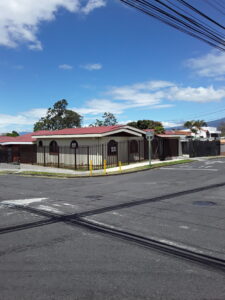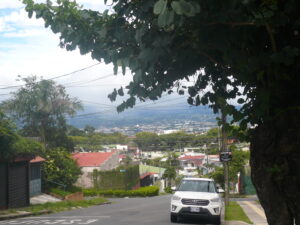When considering a move to Costa Rica, one of the key elements to factor into your plans is the cost of housing. With its stunning landscapes, diverse ecosystems, and a rich cultural heritage, Costa Rica offers an appealing lifestyle for expatriates and retirees alike. However, understanding the nuances of housing expenses is crucial to making an informed decision. Let’s delve into the intricacies of Costa Rica’s housing market and the expenses associated with it.
Understanding the Housing Landscape
Costa Rica’s housing market varies significantly based on location, property type, and proximity to urban centers or coastal areas. The country boasts a wide array of housing options, including apartments, condos, houses, and luxury estates.
Urban vs. Rural Areas
In urban areas like San Jose, Heredia, and Alajuela, the cost of housing tends to be higher due to increased demand and proximity to amenities, businesses, and employment opportunities. On the other hand, rural areas offer more affordable options, often surrounded by natural beauty but might lack certain conveniences found in urban centers.
Rental Costs
Rental prices in Costa Rica also fluctuate based on location and property type. For instance, a one-bedroom apartment in San Jose can range from $500 to $800 per month, while a similar property in smaller towns might cost significantly less, averaging around $300 to $500 monthly.
Property Purchase
If you’re considering buying property, prices can vary significantly. Coastal properties or homes in popular expat communities might command higher prices. In contrast, inland regions or less touristy areas often offer more affordable real estate options.
Factors Influencing Cost
Several factors influence housing costs in Costa Rica, including:
1. Location: Coastal areas and popular tourist destinations often come with a premium compared to inland or less frequented regions.
2. Property Size and Amenities: Larger properties with modern amenities like swimming pools, gardens, or ocean views will have higher price tags.
3. Market Trends: Fluctuations in the real estate market and demand for specific areas or property types can impact prices.
4. Infrastructure and Accessibility: Proximity to good roads, hospitals, schools, and other amenities can affect housing costs.
Tips for Budgeting and Cost Management
– Research Extensively: Explore various regions and property options before making a decision.
– Consider Long-Term Expenses: Account for property taxes, maintenance costs, and homeowners association fees if applicable.
– Engage Local Experts: Seek advice from real estate agents or lawyers well-versed in Costa Rican property laws and market dynamics.
Conclusion
Costa Rica’s housing costs vary widely based on location, property type, and amenities. While urban areas and popular tourist destinations might demand higher prices, exploring less-traveled regions can unveil more affordable options. Conduct thorough research, consider your long-term budget, and leverage local expertise to navigate the housing market effectively in this beautiful country.

House in Rohrmoser

Looking West From Pavas, Favorita Sur
